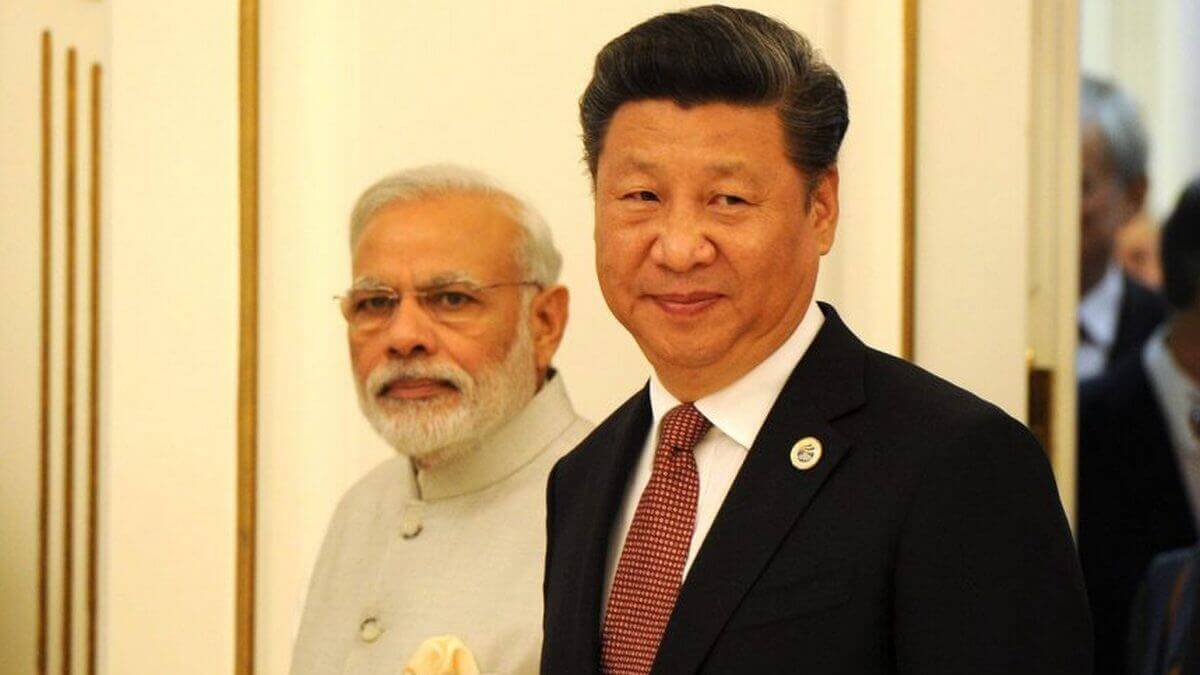A recent report by a European organisation investigating fake narratives of the Indian media is going viral on Chinese social media.
State-owned media house Global Times (GT) said that the report drew attention to India’s “supposedly vast smear campaign” against its neighbours China and Pakistan.
Non-Existent Sources
The report, published by EU DisinfoLab in February, exposed the Asian News International (ANI), an Indian news agency, for quoting several “non-existent organisations, journalists, and bloggers” to spread disinformation targetting China and Pakistan.
For example, ANI has been reported to quote articles written by a think tank named the International Forum for Rights and Security (IFFRAS).
However, the think tank, previously chaired by former Canadian Member of Parliament Mario Silva, was dissolved in 2014.
Despite this, ANI reportedly quoted IFFRAS more than 200 times from May 2021 to January 2023.
Further, the report found that Indian media agencies have long been building “a huge anti-China and anti-Pakistan disinformation network,” including a sophisticated assembly line of fake anti-China and anti-Pakistan news.
#BadSources - our latest investigation into how Indian news agency ANI repeatedly quoted non-existent bloggers, experts, journalists and think tanks spreading anti-Pakistan/China narratives in India. 🧵1/Nhttps://t.co/24o5ekFwUE#BadSources #StoryKillers
— EU DisinfoLab (@DisinfoEU) February 23, 2023
Treatment of Chinese Journalists in India
GT lamented that “on the one hand, the Indian media produces and spreads false narratives about China,” while on the other hand, the Indian government “restricts Chinese journalists’ access to India and deny their rights of reporting a real India, by treating Chinese journalists in an unfair and discriminatory manner during their posting in India and visa application process.”
Geopolitical Consequences
Observers cited by GT warned that such “disinformation campaigns” can have a “complex geopolitical” fallout for South Asia and “far-reaching consequences, which can exacerbate tensions, strain diplomatic relations, and hinder regional cooperation efforts.”

